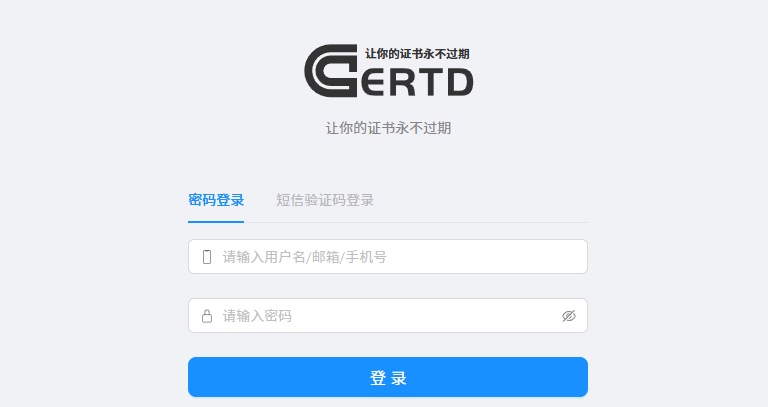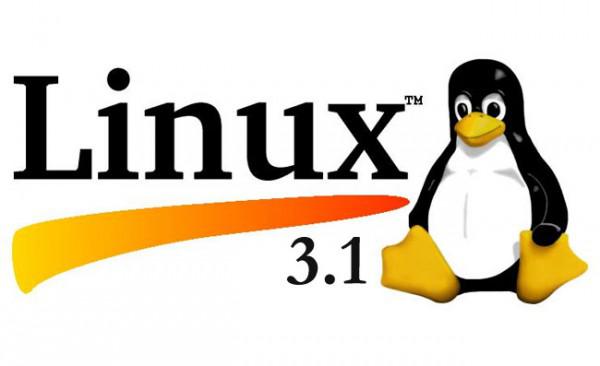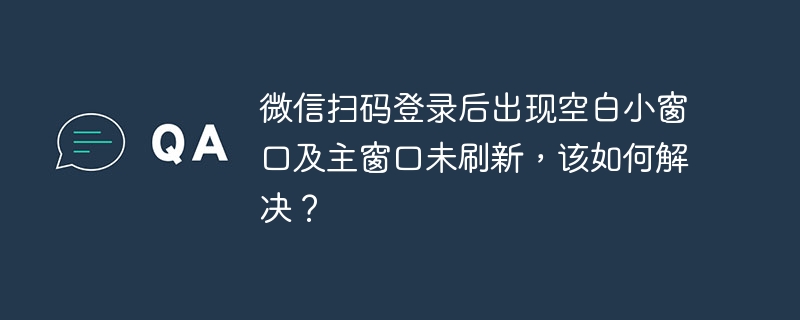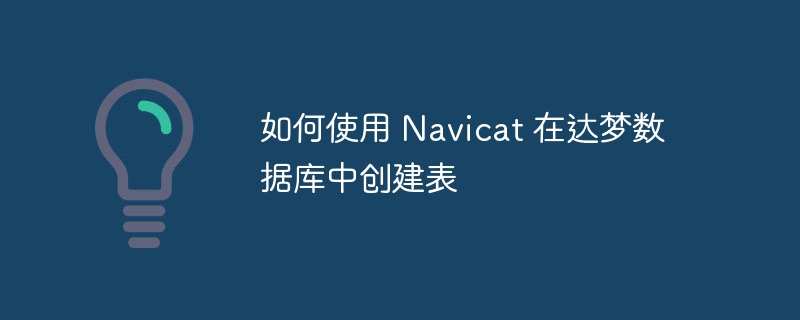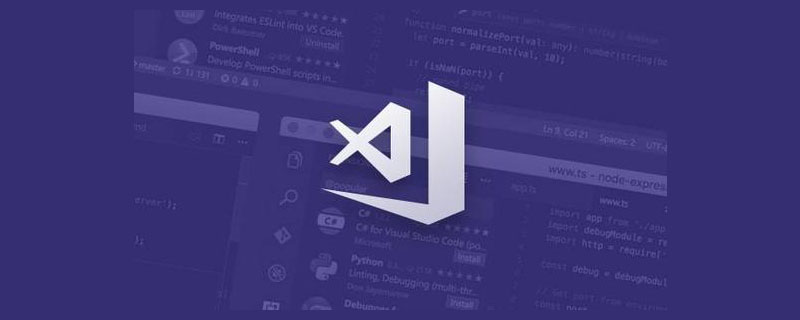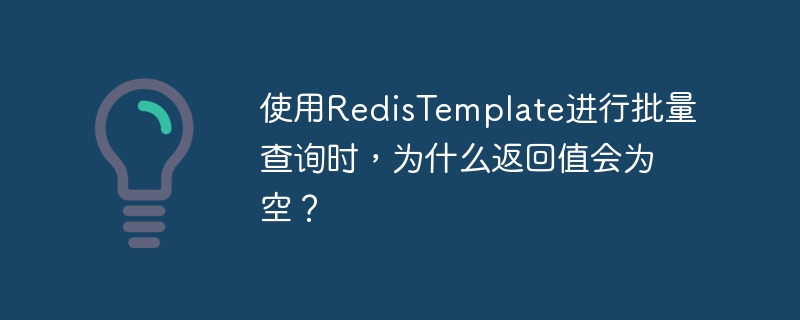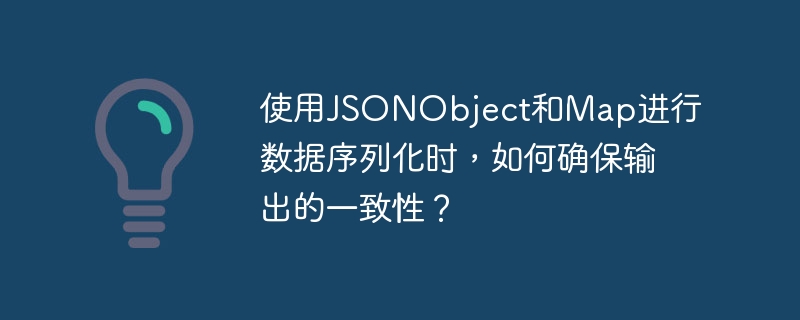
jsonObject和map數據序列化一致性問題及解決方案
在使用JSON進行數據序列化時,不同方法產生的結果可能不一致,尤其是在net.sf.json.JSONObject和Java.util.Map之間。本文分析此問題,并提供解決方案。
以下代碼示例展示了JSONObject和Map序列化結果的差異:
@Test public void testSerialization() throws JsonProcessingException { ObjectMapper objectMapper = new ObjectMapper(); List<String> type = Arrays.asList("a", "b"); JSONObject jsonObject = new JSONObject(); jsonObject.put("type", objectMapper.writeValueAsString(type)); System.out.println(objectMapper.writeValueAsString(jsonObject)); Map<String, Object> map = new HashMap<>(); map.put("type", objectMapper.writeValueAsString(type)); System.out.println(objectMapper.writeValueAsString(map)); }
輸出結果:
{"type":["a","b"]} {"type":"["a","b"]"}
可見,“type”字段的格式不同。 JSONObject直接序列化列表,而Map則將列表序列化為字符串。 再次序列化“type”字段:
jsonObject.put("type", objectMapper.writeValueAsString(objectMapper.writeValueAsString(type)));
結果差異更明顯,導致數據結構復雜化,難以直接反序列化。
問題根源在于net.sf.json.JSONObject的處理機制。它在序列化過程中可能引入額外的轉義字符,導致與Map序列化結果不一致。 net.sf.json庫的文檔和支持有限,難以直接解決此問題。
推薦解決方案:遷移到更成熟的JSON庫
為了保證序列化的一致性,建議使用更成熟且功能強大的JSON庫,例如Jackson或Gson。這些庫提供更完善的API和更好的性能,能夠更可靠地處理各種數據類型,避免上述不一致性問題。 遷移到這些庫通常需要修改代碼,但能顯著提高代碼的可維護性和可靠性。 例如,使用Jackson的代碼如下:
@Test public void testJacksonSerialization() throws JsonProcessingException { ObjectMapper objectMapper = new ObjectMapper(); List<String> type = Arrays.asList("a", "b"); Map<String, Object> data = new HashMap<>(); data.put("type", type); String json = objectMapper.writeValueAsString(data); System.out.println(json); // Output: {"type":["a","b"]} }
使用Jackson,Map可以直接序列化列表,無需額外處理,輸出與預期一致。 這體現了Jackson在處理復雜數據結構方面的優勢,并避免了net.sf.json庫可能帶來的不一致性問題。
? 版權聲明
文章版權歸作者所有,未經允許請勿轉載。
THE END





